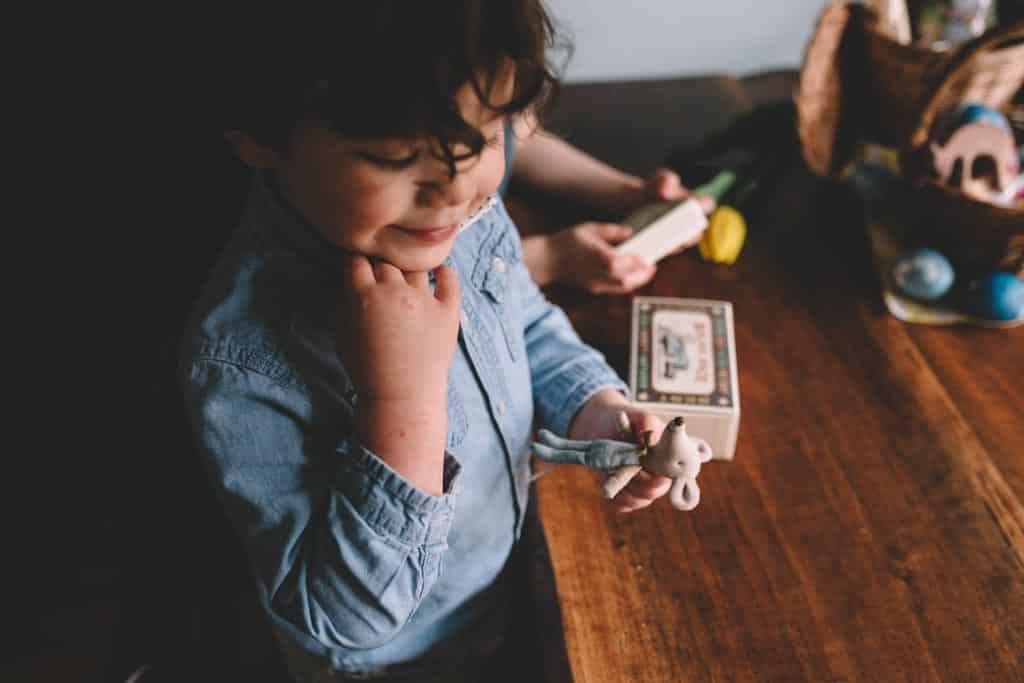I spent Saturday morning trying to explain the idea of working memory to my son at the breakfast table. We had been looking at a maths problem and focus was in short supply. He was cracking jokes, rocking on his chair and making up an impromptu rap about my thinning hair.
He is a bad egg.
Worse, he is a bad egg with homework to do.
See this piece of paper? I said.
This is for you to do your working out. You’re trying to answer the question in your head but it’s too complicated. You need to write the steps down as you go so you don’t forget them.
Research has shown that we can only remember three or four things at once. My son was pushing his memory to the limit.
Your brain has its own piece of paper, called working memory. It uses it to hold the information you need for your task. This ‘piece of paper’ has got enough room to hold a simple sum like 14 + 12 + 8 but you’re trying to do long division in your head. You can’t do it.
Also, when you dance or rap or crack a joke you’re filling up your working memory with other things so there’s less room for working things out. By messing around, you’ve shrunk the space that’s left for your calculations.
In that moment, all I could do to help his working memory was to remove distractions. I asked the other children to leave the room and we took anything he could fidget with off the table.
It was just him and the homework.
And he got it done.
But there are other ways to improve it, if you have more time. Let’s take a look.
A bigger piece of paper
If the notepad that you use to jot down your workings out is small, you can only perform quite basic calculations before you run out of space.
But what if you had a bigger piece of paper? What if you could increase your working memory?
That would be brilliant. You could do so much more.
You could handle larger sums, take on new information more quickly, follow more complicated instructions, increase concentration and formulate more sophisticated arguments.
I don’t know about you but I’m not keen on my children formulating more sophisticated arguments – they’re already smarter than me and I don’t want to make things worse. But all the other benefits will do just fine.
So how do we get a bigger piece of paper? Play memory games.
A better spam filter
Research suggests that there is a second way to improve working memory: keep unrelated information out.
Like a spam filter keeping unwanted emails from our inbox, our brains have a filter which keeps distractions out. The more successful we are at doing this, the more space we have in our mental notepad to work through problems.
If your inbox is clogged with spam, it’s harder to find the messages you’re looking for. Filtering out the unwanted junk means we can make better use of space we have. We don’t need a bigger inbox – we need a cleaner one.
The research into this is ongoing. As far as I know, there are no activities for improving your spam filter. But you can help your child to succeed at mental tasks by keeping distractions to a minimum.
And, when she is old enough, teach her mindfulness meditation. I have done this with my eldest and it is a game-changer. He is much more aware of his mental states and is able to see when unwanted thoughts come in.
Of course, sometimes he chooses to let them in anyway.
Because he wants to laugh at my hair.
I told you he was a bad egg.
Final word
A better working memory is the key to faster learning. Like a piece of paper for working out sums, the bigger and clearer it is, the more room you have for the task at hand.
Play some simple memory games and see how far you can grow yours.



